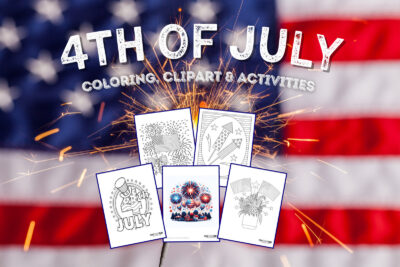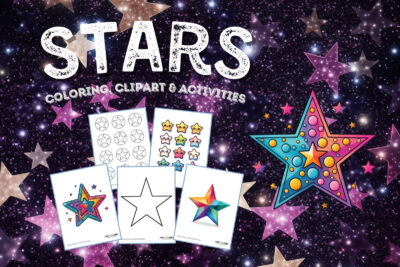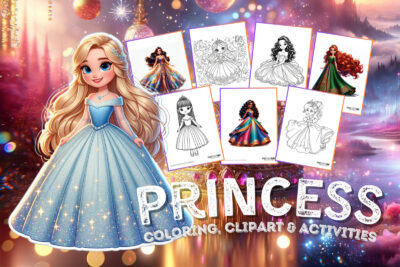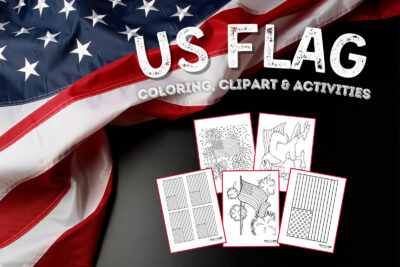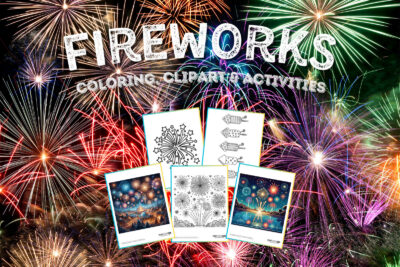Fun with pirate clipart & coloring: Create a world of adventure
Ahoy, mateys! If you’re looking to add a splash of adventure to your family’s crafting and learning activities, imaginative pirate clipart and coloring pages like these offer a (literal) treasure trove of possibilities.
From pirate coloring pages to treasure chest clipart, these designs open up a sea of creativity and delights, taking these tales out from the pages of storybooks and turning them into something a little more hands-on.
In addition to all of the fun, we also have some ways to talk with littles about the rough realities of piracy, and some ways you might contextualize the dastardly deeds done in an era when dead men told no tales.
But for now, let’s set sail on a journey through craft ideas, learning activities and pirate history, all geared toward your young swashbucklers!
What you'll find here
Toggle- Fun with pirate clipart & coloring: Create a world of adventure
- Avast! Pirate coloring pages & clipart
- Talk like a pirate: High seas lingo for kids
- A little time out: Giving these characters a historical context
- Learning insights: Discussing the morals & ethics of piracy
- Ships ahoy! Full color pirate ship clipart plus coloring pages
- Pirate treasure maps to print out
- Gold! Jewels! Pirate treasure chest clipart & coloring printables
- Pirate flag clipart with skull and crossbones
- Books about pirates just for kids
- Movie night: Pirates of the Caribbean
Ways to understand what it was like way back then
Pirate-themed learning activities are a fantastic way to combine fun with education. With elements like pirate ship clipart and treasure map clipart, we have some activities designed to pique your child’s curiosity and broaden their knowledge.
Hoist the sails and prepare to navigate through a sea of both storybook characters and real people — making learning as thrilling as a quest for buried treasure!
Pirate history for kids
Pirates have long captured the imaginations of children and adults alike with their daring adventures on the high seas. When introducing pirate history to young minds, it’s a wonderful opportunity to blend storytelling with real historical facts.
Pirates, the seafaring adventurers who often lived outside the law, roamed the oceans from the 16th to the 18th centuries. They are most famously known today for their iconic ships, hidden treasure and the Jolly Roger flag.
Children might be fascinated to learn about the different types of pirates, like buccaneers and privateers. Buccaneers were originally hunters on the Caribbean islands, who later turned to piracy, while privateers were pirates officially authorized by a country to attack foreign shipping.
This period, known as the Golden Age of Piracy, saw famous pirates like Edward Teach — better known as Blackbeard — and women pirates like Anne Bonny and Mary Read, defying the norms of their time.
Tales of adventure and a whole lot more
Introducing pirate history to children is not just about tales of treasure and adventure, but can also be a gateway to understanding historical navigation, geography, and the diverse cultures pirates encountered. This historical journey can inspire a deeper curiosity about the world’s history, geography, and the ocean’s many mysteries.
Geography on the high seas: Use a world map to identify the waters where pirates sailed. Discuss how geography influenced their routes and hideouts.
Nautical navigation: Introduce basic navigation skills, like reading a compass and understanding wind directions, tying it back to how pirates navigated.
Pirate puppets: Create pirate puppets using pirate clipart as a guide. These can be used for storytelling or as characters in a homemade pirate play.
Pirate language: Have fun learning and using pirate phrases. It’s a playful way to expand vocabulary and engage in role-playing. Find out some of the lingo below!
Do you know the Pirate Code?
Pirates also had their own set of rules and code of conduct, which can be an unusual and intriguing topic for kids. These codes were agreed upon by the crew, and included rules about sharing treasure, what time they had to go to bed, and compensation for injuries.
Parents and teachers can read some of the old rules from real-life pirates here: The Pirate Code: The rules of the sea for the crew of Black Bart’s ship in the 1700s.
With such concepts in mind, you can suggest your child create their own code for an imaginary pirate crew. Think about questions like: Why were these rules created? Which ones would be most important? What rules from back then could still apply today?
Get crafting with pirate printables
Set sail on a crafting adventure with your little pirates! Whether for solo play or a whole birthday party, these craft ideas offer a perfect combo of imagination, hands-on skills and fun. Get your printables and some other supplies, and dip into a world where X marks the spot of creativity.
Pirate hats to print for pretend play
Get the look by using the pirate hat designs here for crafting pirate hats. You can also just use them as guidelines for a DIY job, in which case you can gather some black paper, feathers, and stick-on jewels, and let the hat-making commence! (Looking for a super simple alternative? Try a bandana.)
Avast! Pirate coloring pages & clipart
Talk like a pirate: High seas lingo for kids
As you set sail on your imaginary seas, it’s fun to sprinkle your language with some authentic pirate lingo. Whether you’re hunting for treasure or navigating the high seas, these words will make you feel like a true pirate. So, let’s learn some fun pirate words that are perfect for kids to enjoy!
- Ahoy: A greeting, like saying “Hello!”
- Matey: A friend or companion.
- Avast: A command meaning “stop” or “pay attention.”
- Aye: Yes or an affirmation.
- Landlubber: Someone not very skilled at sea.
- Yo-ho-ho: An expression of joy or excitement.
- Shiver me timbers: An expression of surprise or disbelief.
- Jolly Roger: The classic pirate flag with a skull and crossbones.
- X marks the spot: Used to indicate the location of treasure on a map.
- Scallywag: A playful term for a mischievous person.
A little time out: Giving these characters a historical context
When discussing pirates with children, it’s important to contextualize the era in which they operated.
The Golden Age of Piracy is generally considered to have lasted from about 1650 to 1720. This period saw the most notorious and widely-known pirates operating, particularly in the Caribbean, the Atlantic Ocean, and along the American East Coast.
It was a time when maritime trade was booming, but so too were piracy and privateering, as these sea robbers sought to capitalize on the wealth being transported across the oceans. It was also a period marked by limited international law, different national interests, and the infancy of global trade routes.
In particular, this occurred during a time when America was still young and the world was very different. As a visual example, you can see the real vintage map shown below, which was published in 1722. Notice the large areas that were described as being “unknown,” and how incomplete it is compared to a modern map, such as the color one below from 300 years later.
Map of North America from 1722
Map of North America from around 2022
Explaining this helps children understand that the world has evolved since then, with nations developing more structured laws and a greater focus on international cooperation and ethics.
This context can make the discussion about pirates more educational and less glorified, emphasizing how our understanding of right and wrong, and international relations, have grown and changed over time.
Learning insights: Discussing the morals & ethics of piracy
If you’d like to talk with kids about some of the more sensitive themes related to real pirate life in a G-rated way, there are a few ways that you can introduce basic ethical concepts without delving into the harsher realities of piracy. Here are some topic ideas:
Sharing vs. taking: Pirates were known for taking things that didn’t belong to them. This can lead to a discussion on the importance of asking permission and sharing with others.
Helping vs. harming: Pirates often caused trouble for others. You might explore why it’s important to help rather than harm people, emphasizing kindness and cooperation.
Truth vs. deception: Pirates sometimes had to rely on trickery. This can be a chance to talk about the value of honesty and being truthful.
Freedom and rules: Pirates lived outside the rules of society. Discuss why rules are important in a community, and how they help everyone live together peacefully.
These topics allow you to use the theme of pirates to gently introduce children to basic ethical principles in a way that’s appropriate for their age and understanding.
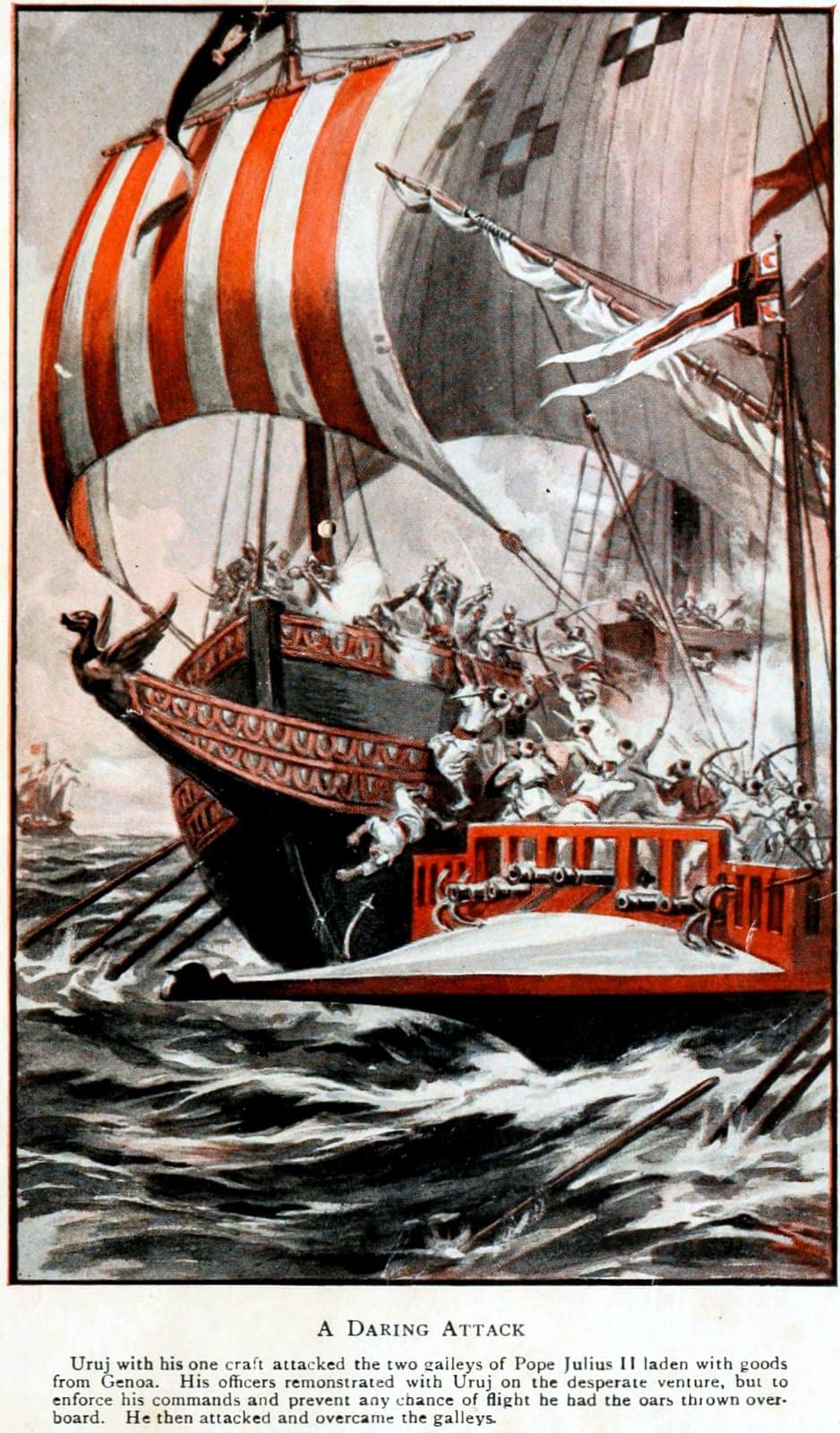
Ships ahoy! Full color pirate ship clipart plus coloring pages
With pirate ship coloring pages and clipart below, kids can color and decorate their own ships. Extend this activity by building 3D ships using cardboard and craft supplies.
Pirate treasure maps to print out
Using the vintage-looking clipart below, help your kiddo draw a treasure map. They can add landmarks, X marks the spot, and directions to the bounty. If you want to make one by hand and use plain white paper, you can create some aging effects with wet tea bags or old coffee for that authentic look.
Gold! Jewels! Pirate treasure chest clipart & coloring printables
Treasure chest clipart can be the inspiration for creating small treasure chests out of shoeboxes. Kids can paint, decorate, and fill them with their prized possessions.
Pirate flag clipart with skull and crossbones
Books about pirates just for kids
The world of pirates can be both educational and exciting for kids. These five books about pirates are perfect for young adventurers, each offering a unique glimpse into the swashbuckling life of pirates, filled with tales of treasure and high-seas adventures.
- Hardcover Book
- Lubber, Captain William (Author)
- English (Publication Language)
- 32 Pages - 07/11/2006 (Publication Date) - Candlewick (Publisher)
- An hilarious look at the finer points of pirate life. Shiver me timbers!
- Braid Beard's pirate crew invites Jeremy Jacob to join their voyage.
- Soon Jeremy Jacob knows all about being a pirate.
- But then Jeremy Jacob finds out what pirates don't do....
- Hardcover Book
- Duddle, Jonny (Author)
- English (Publication Language)
- 44 Pages - 02/28/2012 (Publication Date) - Templar (Publisher)
- Hardcover Book
- Kennedy, Kim (Author)
- English (Publication Language)
- 40 Pages - 05/01/2002 (Publication Date) - Harry N. Abrams (Publisher)
- Louis Stevenson, Robert (Author)
- English (Publication Language)
- 122 Pages - 11/30/2014 (Publication Date) - CreateSpace Independent Publishing Platform (Publisher)
These books offer a playful way to immerse your child in the captivating world of pirates, enhancing their understanding and enjoyment of the pirate-themed crafts and activities you explore together.
Movie night: Pirates of the Caribbean
- Pirates of the Caribbean - Complete Collection
- Johnny Depp, Javier Bardem, Geoffrey Rush (Actors)
- Gore Verbinski (Director)
- English (Subtitle)
- Johnny Depp, Javier Bardem, Kaya Scodelario (Actors)
- Joachim Rønning (Director) - Jerry Bruckheimer (Producer)
- French, Spanish, English (Subtitles)
- English (Publication Language)
- Pirates of the Caribbean Collection - 5-Disc Box Set ( Pirates of the Caribbean: The Curse of the Bl
- Pirates of the Caribbean Collection - 5-Disc Box Set
- Pirates of the Caribbean: The Curse of the Black Pearl / Pirates of the Caribbean: Dead Man's Chest
- Pirates of the Caribbean 5 - Salazar's Revenge
- Amazon Prime Video (Video on Demand)
- Johnny Depp, Geoffrey Rush, Orlando Bloom (Actors)
- Gore Verbinski (Director) - Ted Elliott (Writer) - Jerry Bruckheimer (Producer)
- Spanish (Playback Languages)
- Amazon Prime Video (Video on Demand)
- Johnny Depp, Orlando Bloom, Keira Knightley (Actors)
- Gore Verbinski (Director) - Ted Elliott (Writer) - Jerry Bruckheimer (Producer)
- English (Playback Language)
ALSO SEE: See Disneyland’s original Pirates of the Caribbean ride, before the changes

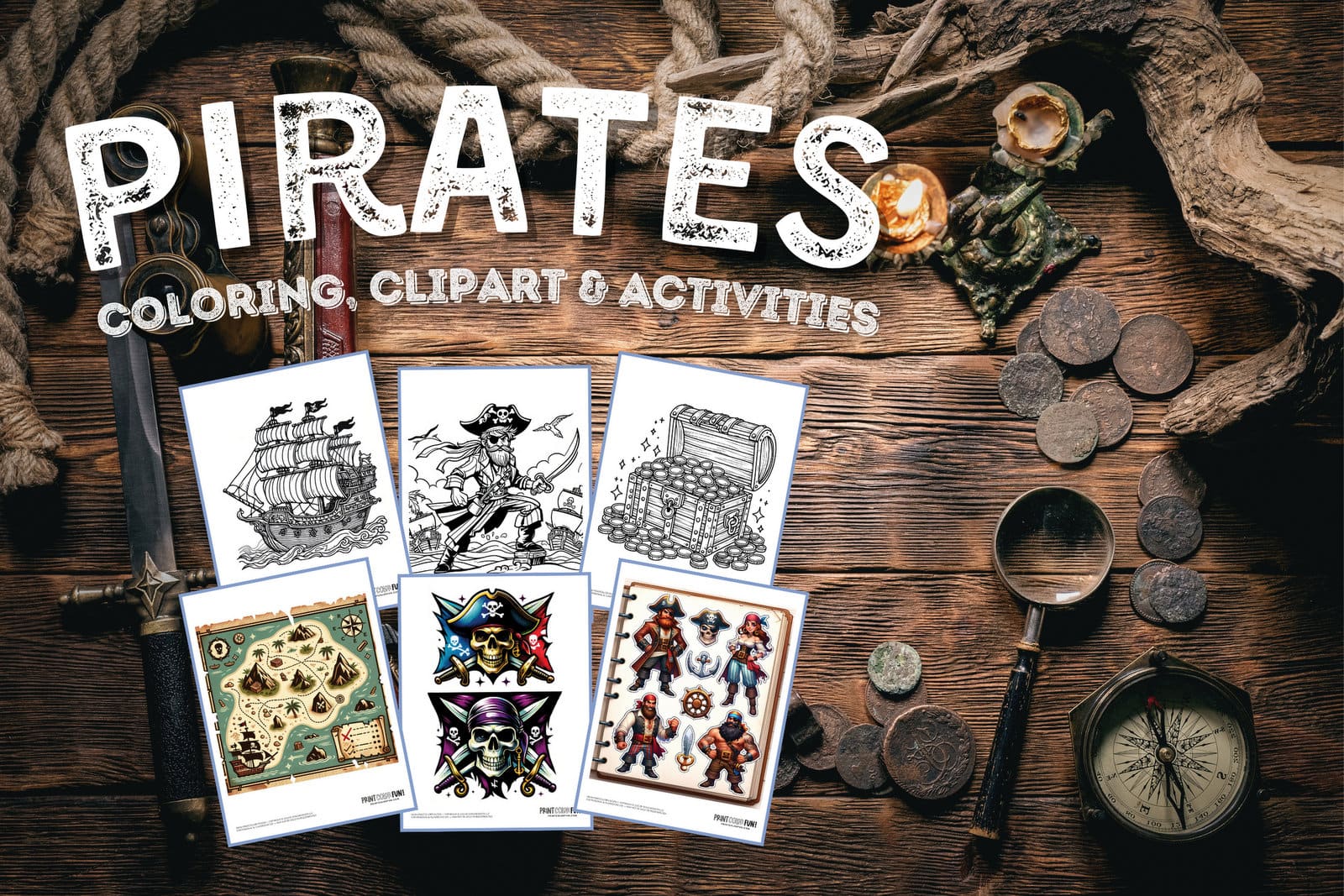
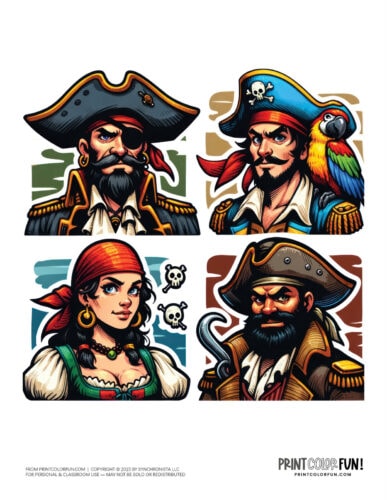
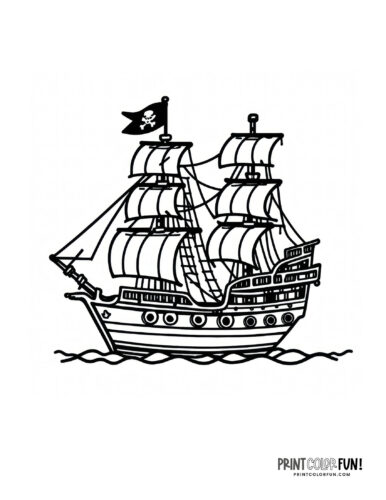
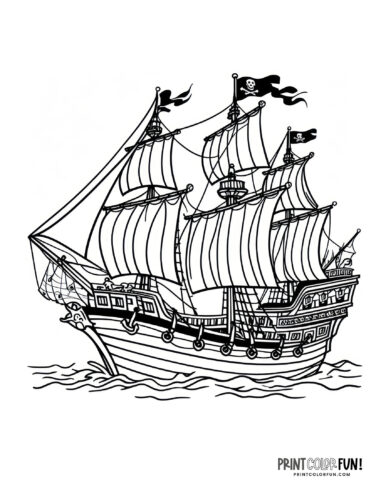
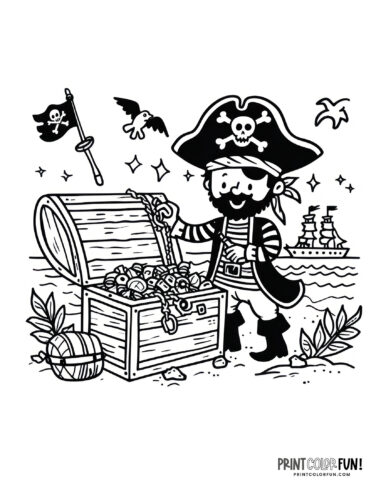
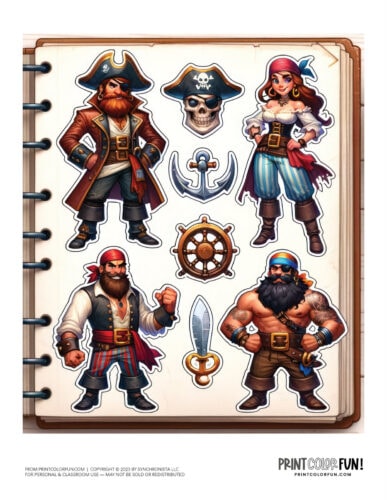
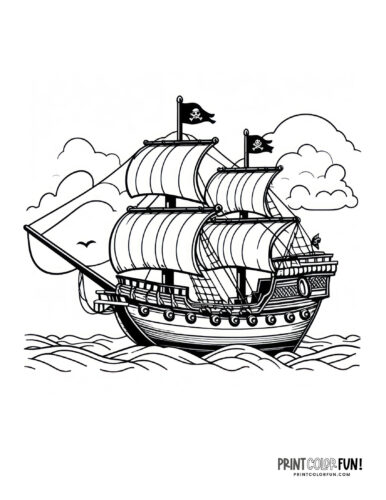
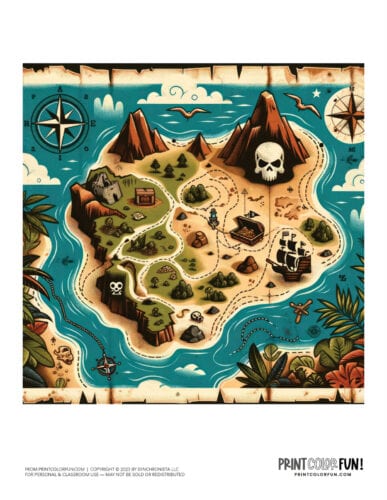
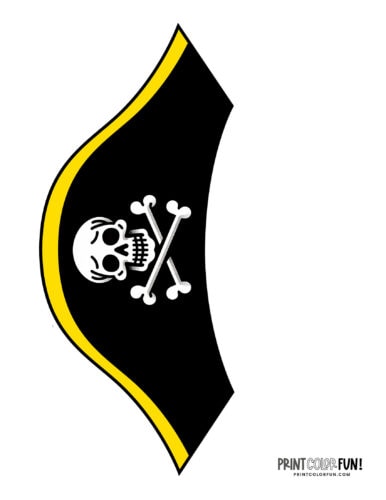
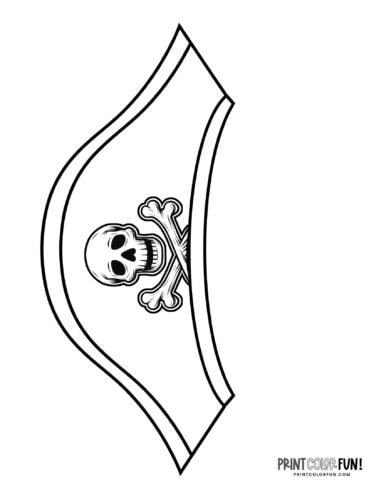
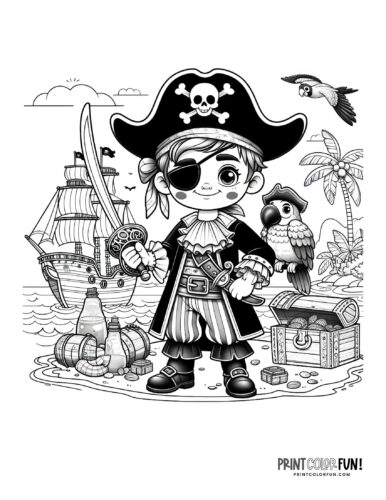
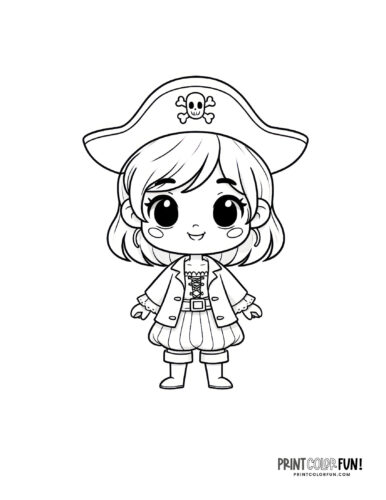
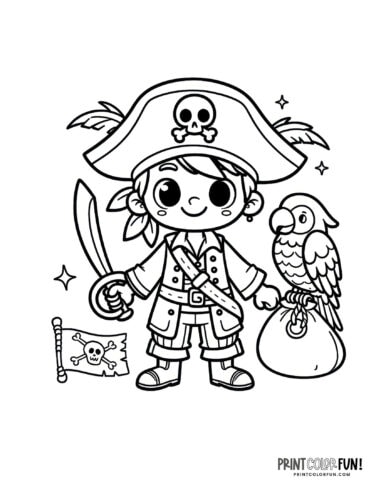
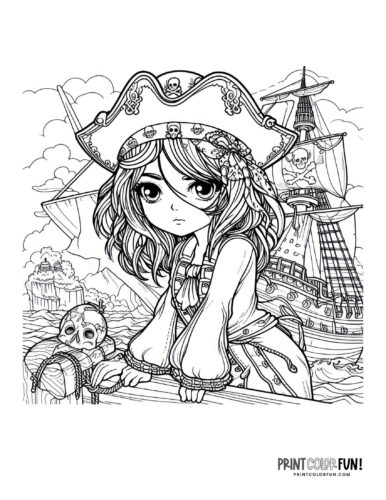
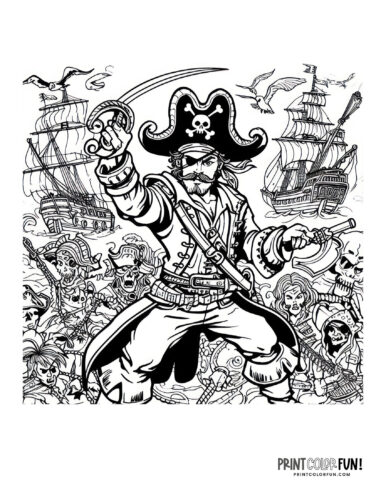
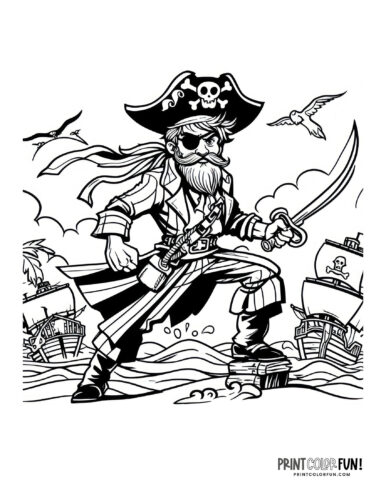
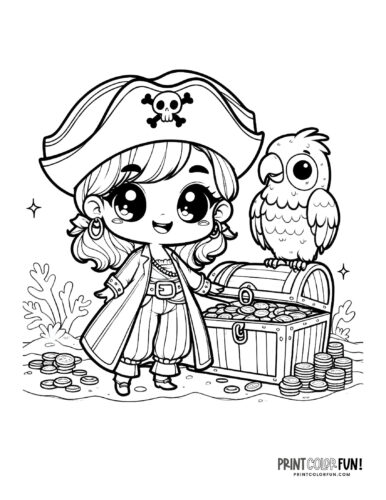
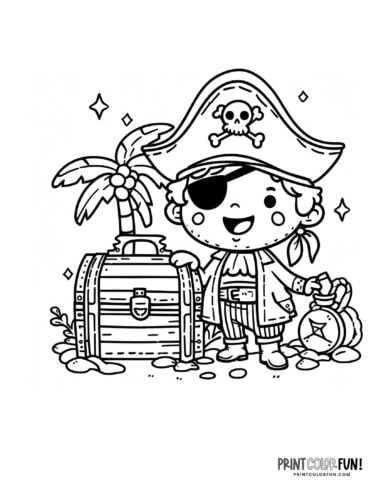
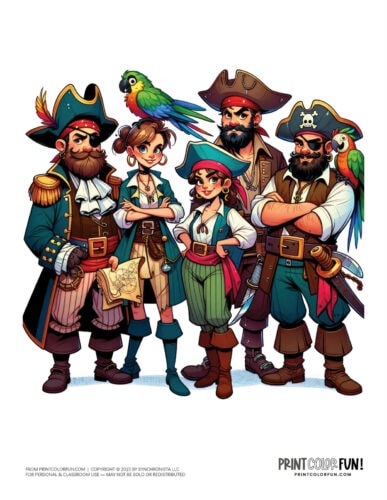
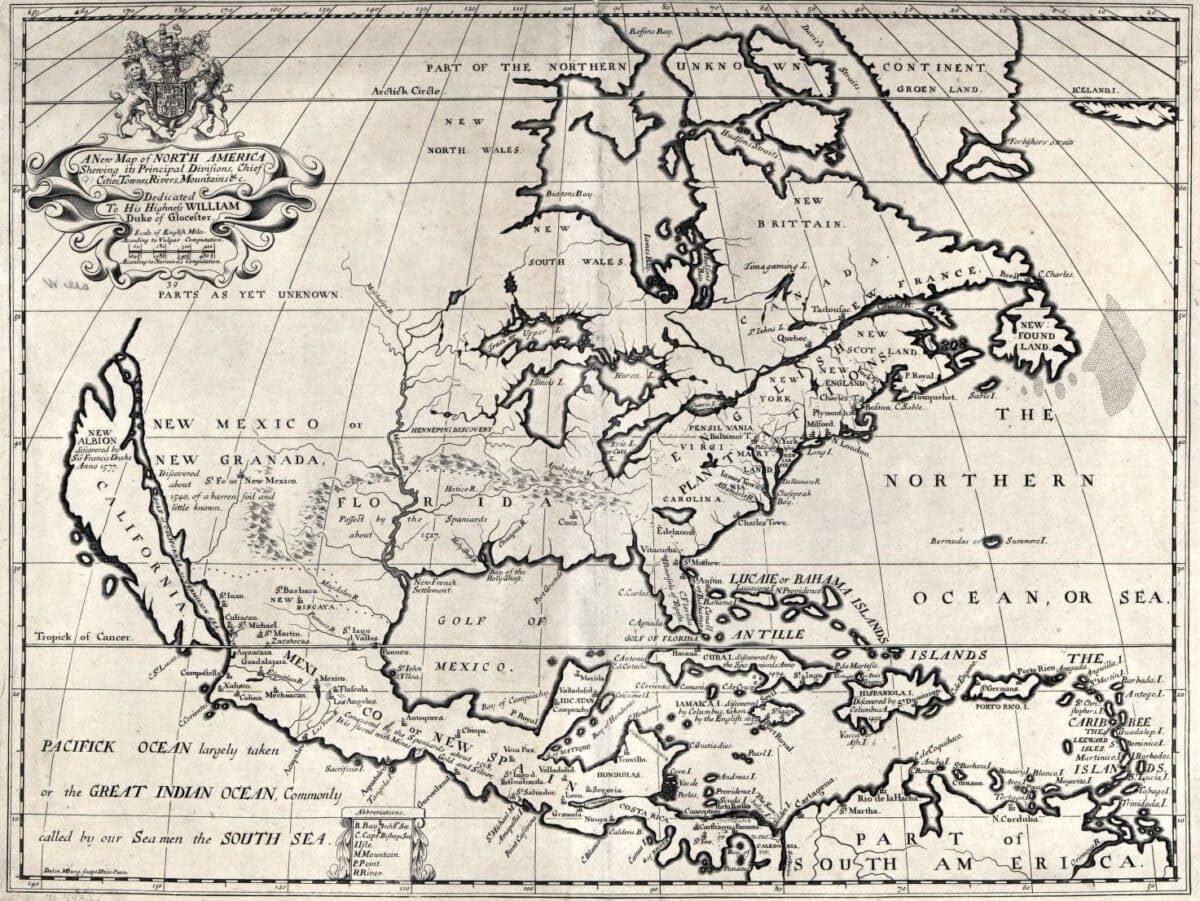
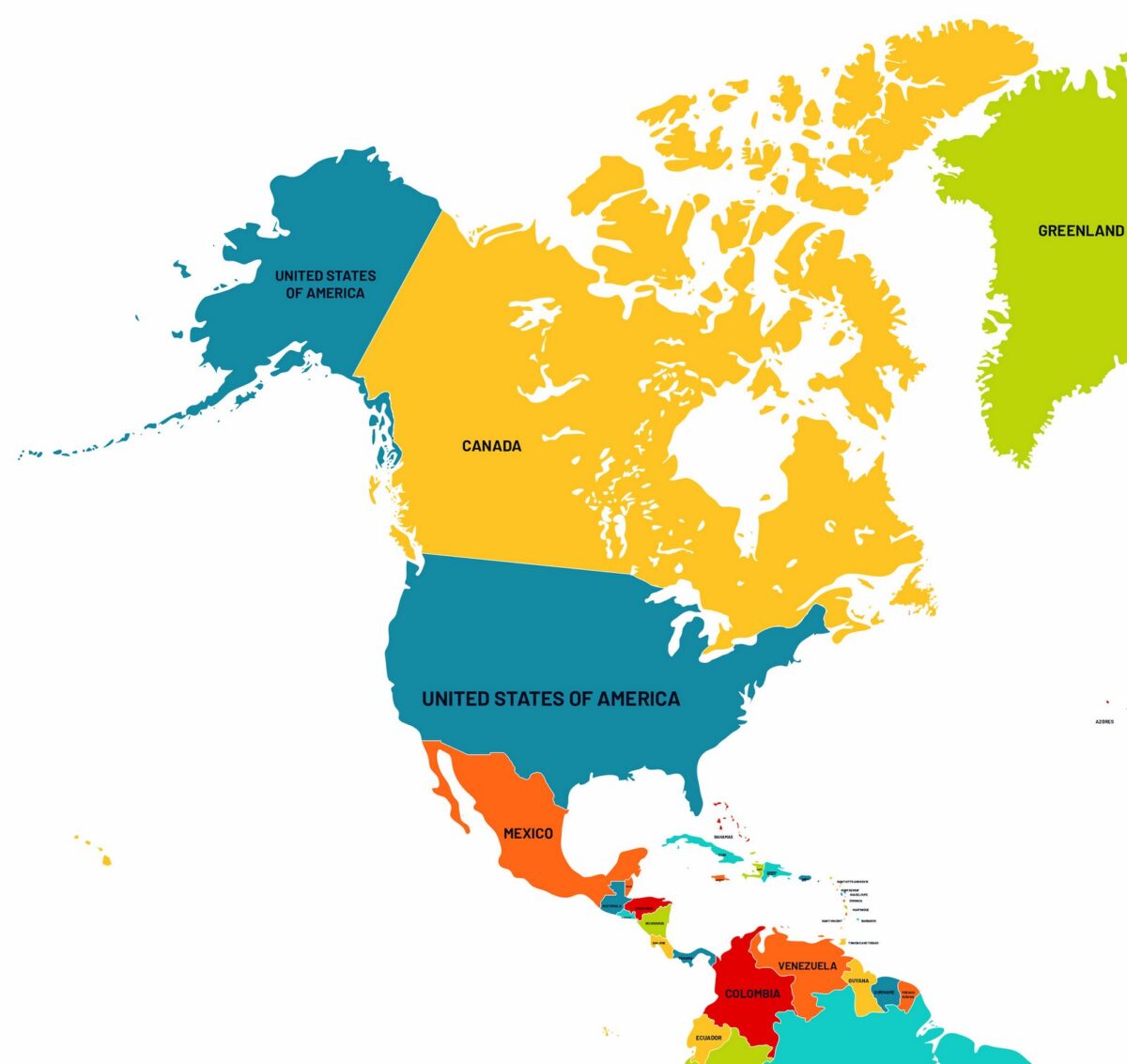
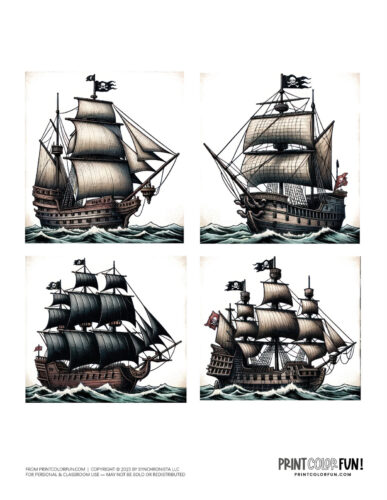
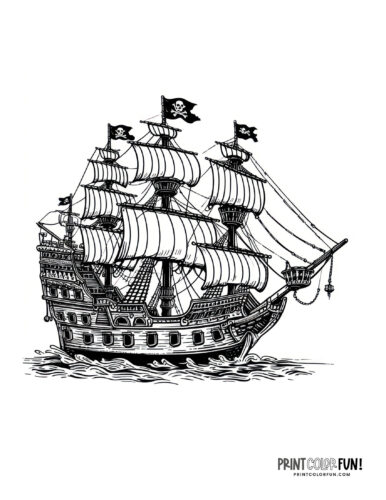
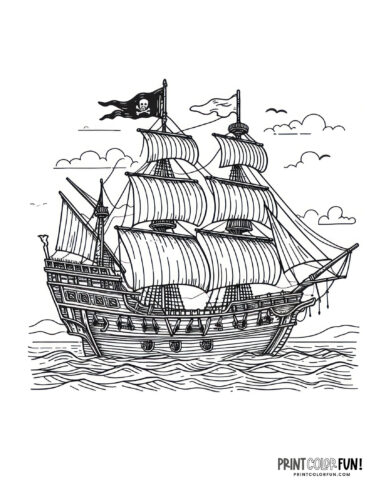
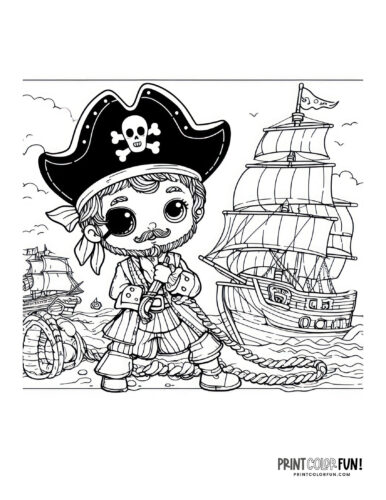
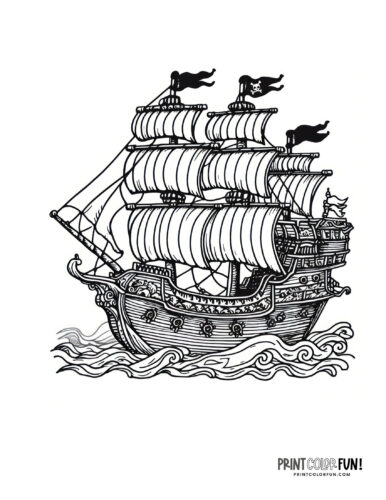
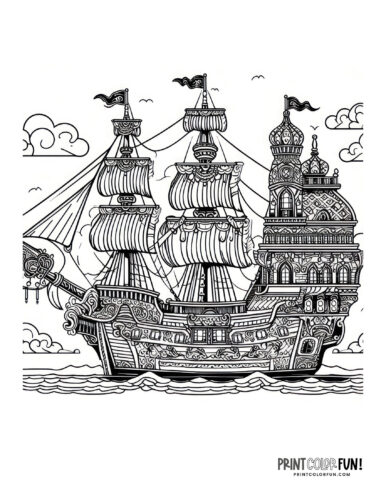
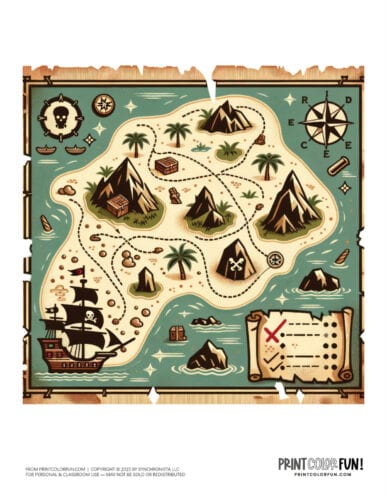
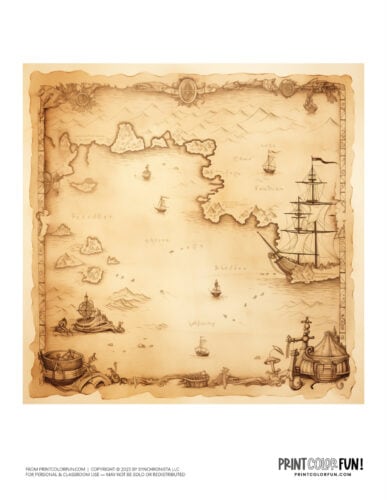
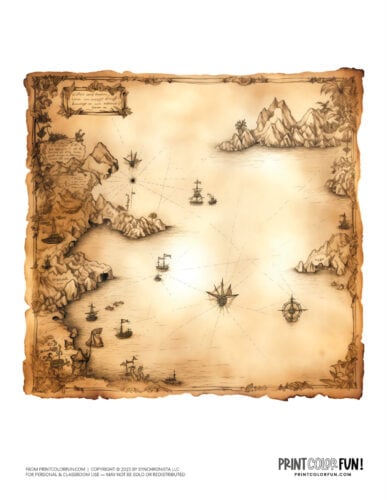
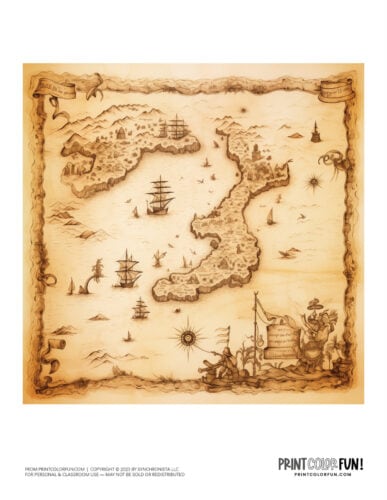
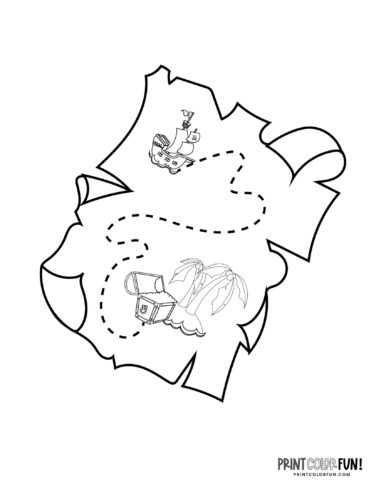
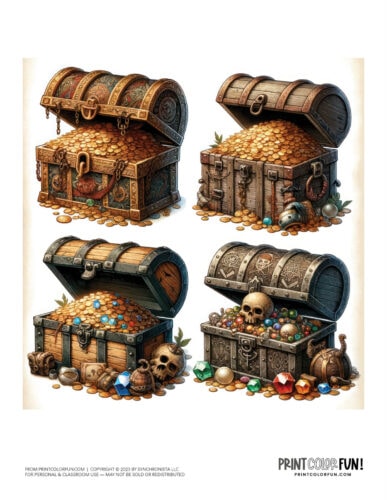
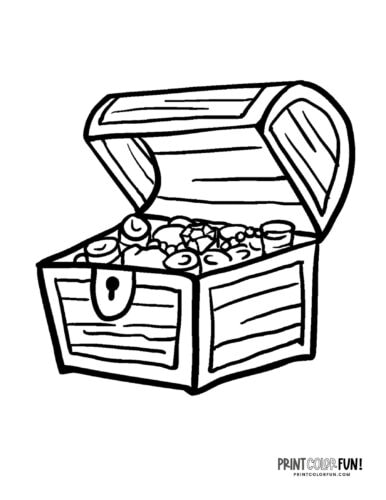
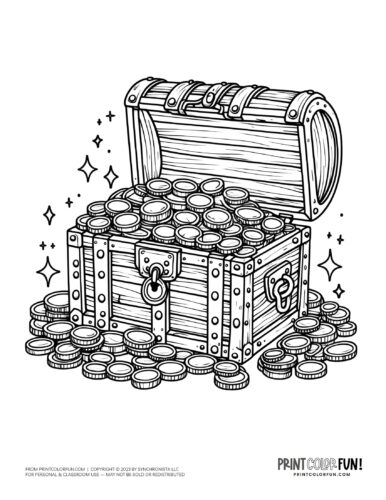
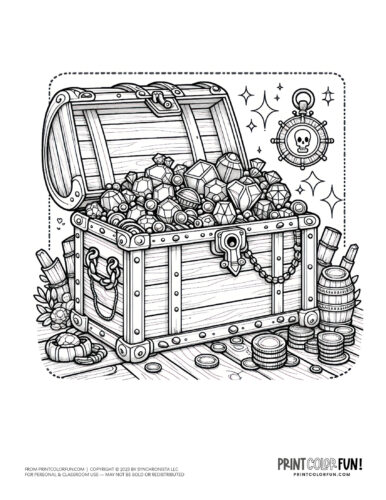
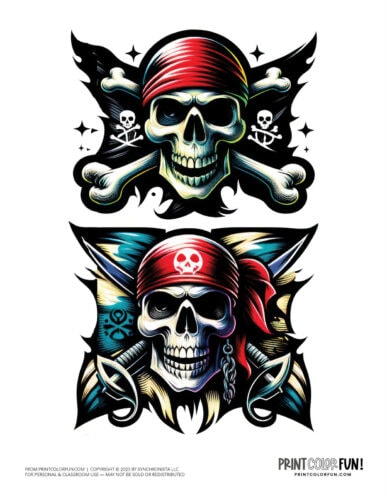
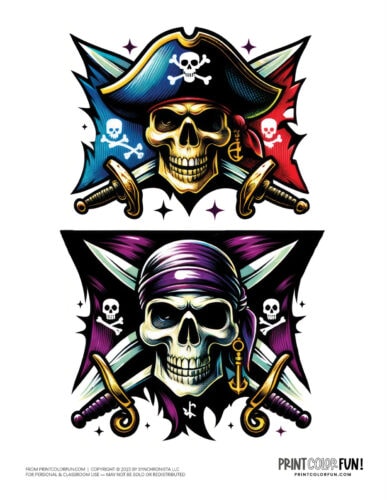
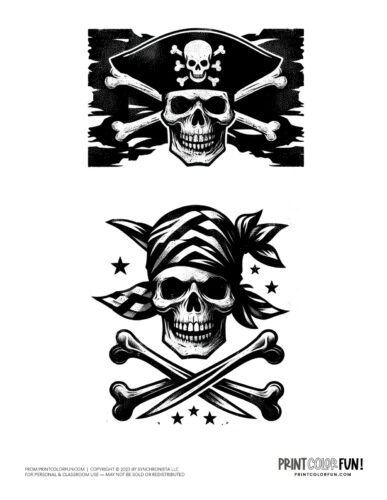
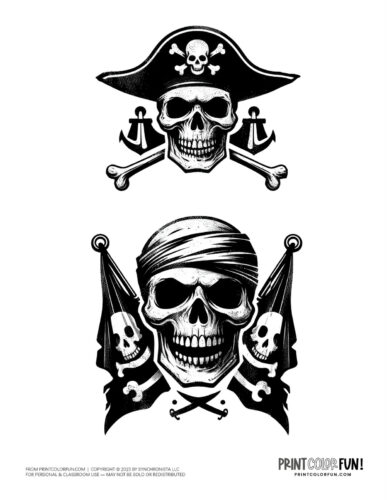
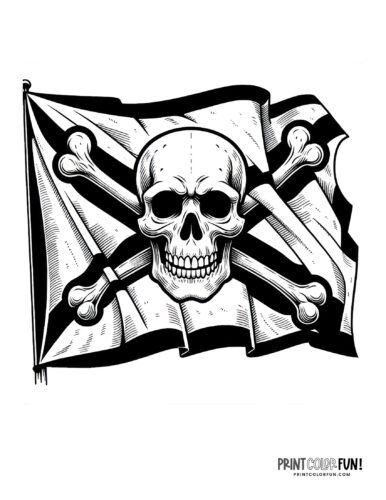
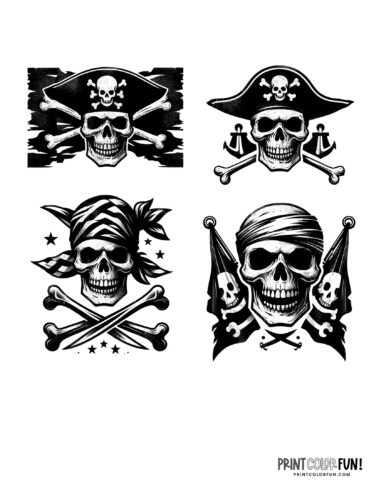
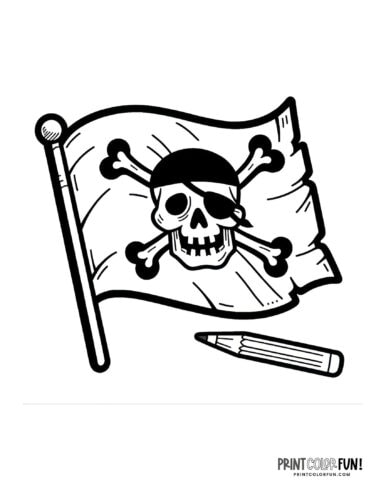







![Pirate clipart, coloring pages, fun activities & learning little buccaneers will treasure 56 Pirates of the Caribbean 1-5 (Blu-ray) [2017] [Region Free]](https://m.media-amazon.com/images/I/61fI07F5pKL._SL160_.jpg)


